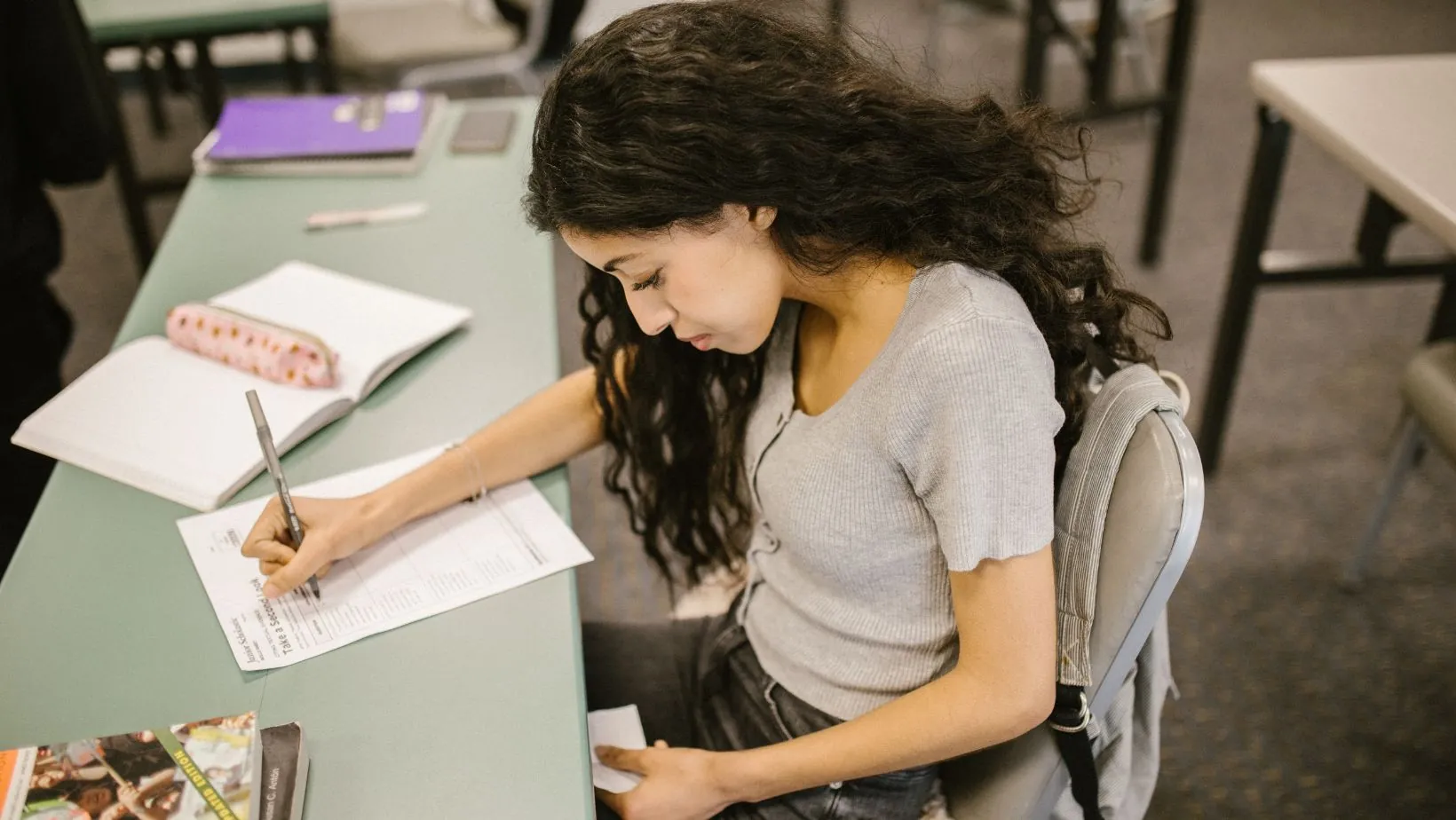Feeling the pressure to perform well on a final exam can be overwhelming. As the date approaches, it’s natural to feel a mix of excitement and anxiety. The stakes are high, and the desire to achieve good grades can create immense pressure.
In today’s competitive academic landscape, scoring well on exams has become synonymous with success. It often feels like our entire academic future hinges on one test. The weight of expectations from ourselves, our parents, teachers, and peers can add even more stress to an already challenging situation.
But remember, you’re not alone in feeling this way. Many students experience similar emotions when facing important exams. It’s crucial to approach the final exam with a balanced mindset and effective strategies that help navigate through this pressure-cooker environment.
By understanding how to manage your time effectively, staying organized, seeking support when needed, and adopting healthy study habits, you can alleviate some of the pressures associated with final exams. Remember that your worth as a student is not solely determined by one test; it’s about growth, perseverance, and learning along the way.
Table of Contents
Issa Final Exam Answers 2022
Why Final Exams Matter
Final exams are a crucial component of the educational system, serving as an assessment tool to evaluate students’ knowledge and understanding of the course material. These exams provide an opportunity for students to demonstrate their grasp of key concepts, theories, and skills acquired throughout the semester or academic year.
One of the primary reasons why final exams matter is that they help measure students’ overall comprehension and retention of information. By testing their abilities to apply what they have learned in a timed setting, exams assess not only factual knowledge but also critical thinking, problem-solving, and analytical skills. They offer a comprehensive evaluation that goes beyond mere memorization.
Preparing for Success
To achieve success in final exams, preparation plays a vital role. Students should adopt effective study strategies such as creating a study schedule, reviewing class notes regularly, organizing study materials, seeking clarification on challenging topics from instructors or classmates, and practicing with sample questions or past exam papers.
It’s important for students to allocate sufficient time for revision well before the exam date rather than resorting to last-minute cramming sessions. Breaking down complex subjects into smaller chunks can make studying more manageable and promote better understanding. Additionally, taking regular breaks during study sessions can improve focus and retention.

Creating a Study Schedule
To effectively prepare for a final exam, it’s crucial to create a study schedule that helps you stay organized and focused. Here are some tips to consider when creating your study schedule:
- Prioritize the material: Start by identifying the key topics and concepts that will be covered in the exam. Allocate more time to areas where you feel less confident or need additional practice.
- Break it down: Divide your study time into manageable chunks. Instead of cramming all at once, aim for shorter study sessions spread over several days. This approach allows for better retention and comprehension of the material.
- Set specific goals: Establish clear objectives for each study session. Whether it’s completing a certain number of practice questions or reviewing specific chapters, setting goals helps keep you motivated and on track.
Utilizing Effective Study Techniques
Once you have your study schedule in place, it’s important to use effective techniques that enhance learning and understanding. Consider incorporating these strategies into your preparation:
- Active learning: Engage with the material actively instead of passively reading through notes or textbooks. Take notes, summarize information in your own words, and explain concepts aloud or to a study partner.
- Practice with past exams: Familiarize yourself with the format and types of questions commonly asked in previous exams. By practicing with old exams or sample questions, you can gain confidence in tackling similar problems during the actual test.
- Teach someone else: Explaining what you’ve learned to someone else is an excellent way to reinforce your understanding of the subject matter. Find a friend or family member willing to listen as you teach them about key concepts from your course.
Brian, the dedicated Editor and Education Enthusiast at Faspe, is a dynamic force breathing life into the realm of education. Grounded in pedagogical expertise and fueled by boundless passion, Brian enriches the team with extensive experience, curating resources that inspire educators and students alike. His unshakable faith in the transformative power of education propels individuals to reach for the stars on their educational journey.

